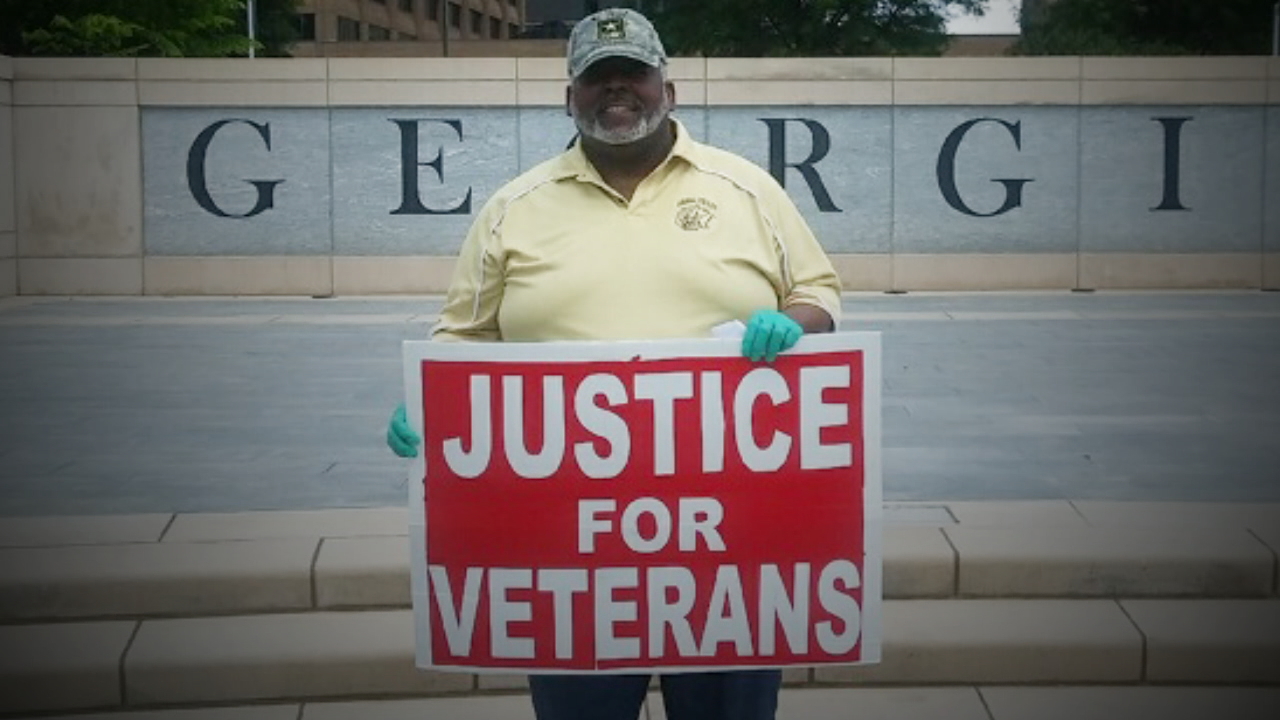That's thoracic. Cardiac will probably be the same. Open vascular the same. And I am sure there are others, although not many I can think about. Although, in many places, all these are done with supervised CRNAs, even in a 3:1 model (one cardiac and two non-cardiac rooms per anesthesiologist).
Most cases are not like that. They are bread and butter, just ripe for takeover (and there are cases where outpatient surgeons/proceduralists hire their own experienced CRNA for anesthesia). They are also the biggest moneymakers: the simple elective (semi)outpatient procedures on ASA 1-3 patients.
I'd rather be "eat what you kill" in an endoscopy suite than in a thoracic or cardiac room. Even just an employee, because it's easier and because, sooner or later, some dumb bean counter will wonder why they are paying me more than a CRNA for a room that brings in less money.
Also, ask yourself: why do they rather pay YOU these rates, instead of hiring a permanent doc for the same money? Maybe because they don't want to pay anybody well enough, long-term, hence the reason for having a staffing problem in the first place. These places will always exist, in every country; there is usually a reason people don't want to work/live there. But I am talking about most jobs (which are where most people are, on the coasts and in metropolitan areas), not these outliers.
To those who disagree with me: let's just look again in a decade. Even the most optimistic of my friends agree that things are worse now than 10 years ago. Usually, when the sky is falling in a profession, people tend to not notice it until it's close, because that's when things speed up. See also my post above, about SLOWness in change. Leaders have been advised to do that at least since Machiavelli.



